

Introduction
Social characteristics of a population include household size, composition, headship, marital status, literacy and education, religious affiliation and nationality. The government of Ghana has provided various social intervention programmes such as Livelihood Empowerment against Poverty (LEAP), District Disability Fund and Ghana Youth in Entrepreneurship and Employment Development Agency (GYEEDA) in the Metropolitan, Municipal and District Assemblies (MMDA) aimed at improving upon the well-being of all Ghanaians, particularly the most vulnerable.
For these programmes to be effective and achieve the desired goal there is the need for information on the social characteristics of the population. A household in this context is a person or group of persons who live together in the same house or compound and share the same house-keeping arrangement and recognize one person as the head.
The size of the population is largely an aggregation of individual household members and non-household population (i.e. individuals who at the time of the census in one way or the other were not enumerated as members of their households but enumerated as part of the institutional population).This chapter discusses the household size, composition and headship, marital status, nationality, religious affiliation, literacy and educational status of the population of the Accra Metropolitan Area (AMA).
Household size, Composition and Structure
Household structure and composition are influenced by social, economic and demographic factors while the total size of a population and its characteristics are a reflection of what pertains at the household level. Table 3.1shows the household population by relationship to head.
The total household population of the Accra Metropolis in 2010 was 1,599,914.
Most households in the Metropolis are composed of head (28.2%), spouse (11.1%) and child (35.5%). Other relative is the next dominant member of households (8.5 %) in the Metropolis. Adopted or foster children constitute the least proportion (0.3%) of household members in the Metropolis.
Male headship is common (37.5 percent) compared with female headship (19.6 percent) in the Metropolis (Table 3.1). This is expected because within the Ghanaian cultural settings, males are heads of households not females. A female may become a head of household under the following circumstances: when she is not married or when she is widowed, divorced or separated or where her husband has migrated (Tanle, 2010).
Household structure presented in this section refers to the type of relationship (whether related or unrelated) among household members who were present on census night. Classification of households depend on whether it is a single person household, household that consists of head and spouse only, nuclear household (head, spouse(s) and their children) or nuclear extended among other combinations.
Table 3.2 reveals that nuclear households (Head, spouse(s) and children) constituted the highest proportion (26.9%) while 15.7 percent were nuclear extended households (Head, spouse(s), children and Head's relatives). Head only, i.e. single person households, constituted only 6.2 percent of the total number of households in the Metropolis.
Table 3.2: Household population by structure and sex
INFORMATION COMMUNICATION TECHNOLOGY
Introduction
Information Communication Technology (ICT) refers to technologies that provide access to information through telecommunications. It is similar to Information Technology (IT) but focuses primarily on communication technologies. This includes the internet, wireless networks, cell phones, and other communication media. Ghana is said to be the first West African country to have full connectivity to the Internet.
In the past few decades, information and communication technologies have provided society with a vast array of new communication capacities. For example, people can communicate in real-time with others in different countries using technologies such as instant messaging, voice over IP (VoIP), and video-conferencing. Social networking websites like face book allows users from all over the world to remain in contact and communicate on a regular basis.
The relevance of ICT to individuals, households, educational institutions, businesses and various sectors of the economy cannot be overemphasized. This chapter focuses on ownership of mobile phones, the use of internet, household ownership of fixed telephone lines and household ownership of desktop or laptop computer in the Accra Metropolitan Area (AMA).
Ownership of Mobile Phones
During the 2010 PHC, ownership and usage of mobile phones were assessed by collecting data on both individuals aged 12 years and older and households. A total of 1,275,440 persons in the Metropolis use ICT (Table 5.1). Out of the total, 47.6 percent were males while 52.4 percent were females.
The Table also shows that, out of the population of 1,275,44
0 who are ICT users, 75.4 percent owned mobile phones compared to 73.5 percent in the region. More females (50.1 percent) than males (49.9 percent) owned mobile phones in the Metropolis. This is expected because males are more likely to buy phones for females than the other way round.
Use of Internet
Persons using internet facility refers to those who have access to internet facility at home, internet café, and mobile phone or by other mobile devices. Internet access is assumed not to be only via computer but also by mobile phone, game machine and digital televisions.
From Table 5.1, 19.4 percent of the total population aged 12 years used internet in the Metropolis compared to 18.6 percent in the region. More males (25.2%) than females (14.2 percent) use internet facility in the Metropolis.
Household ownershipof Fixed Telephone Lines
Despite the widespread use of the mobile phone, fixed telephone lines remain important, particularly at workplaces and parts of the country where mobile phone network access is poor or non-existent. Table 5.2 shows that 5.2 percent of total number of households own fixed telephone lines in the Metropolis compared to 43.3 percent in the region. A higher proportion of male headed households (5.3%) than their female counterparts (4.9%) had fixed telephone lines in the Metropolis.
Household ownership of Desktop/Laptop Computer
At the household level, ownership of desktop/laptop was examined to find out the extent to which household members in the Metropolis have access to internet and other forms of social media. These have become indispensable resources for daily living. From Table 5.2, 16.0 percent of households owned a desktop/laptop computer in the Accra Metropolis compared to 17.0 percent in the region. A higher proportion of male headed households (18.2%) than female headed households (4.4%) owned a desktop/laptop in the Metropolis.
Date Created : 4/24/2018 4:21:56 AM

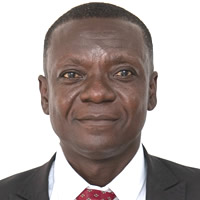

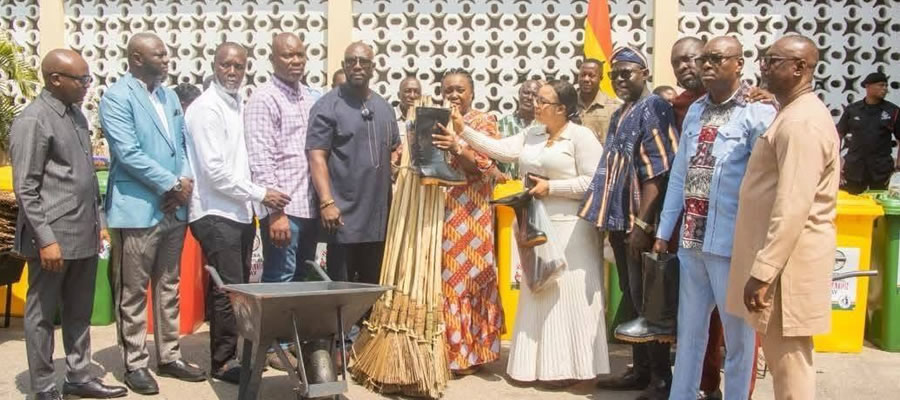
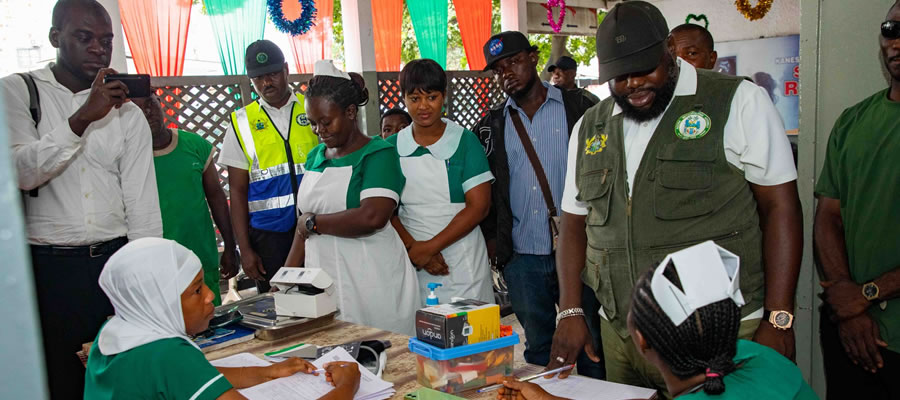
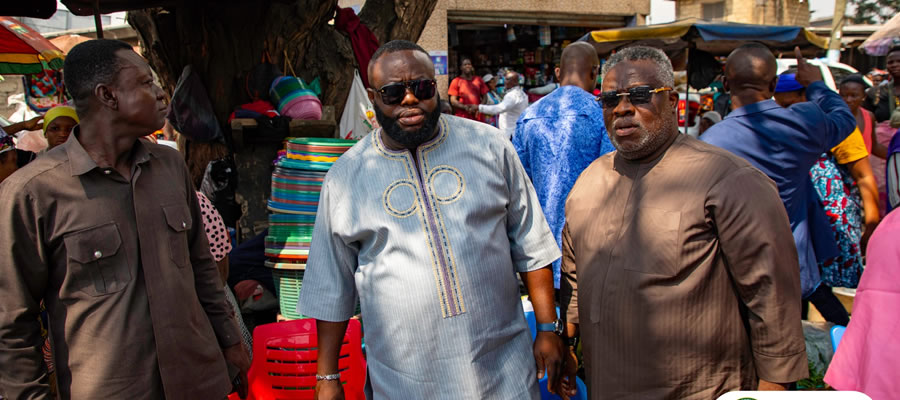
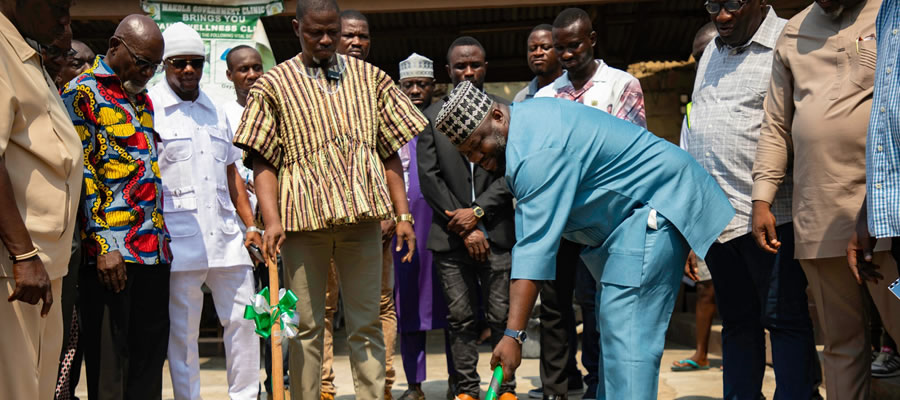
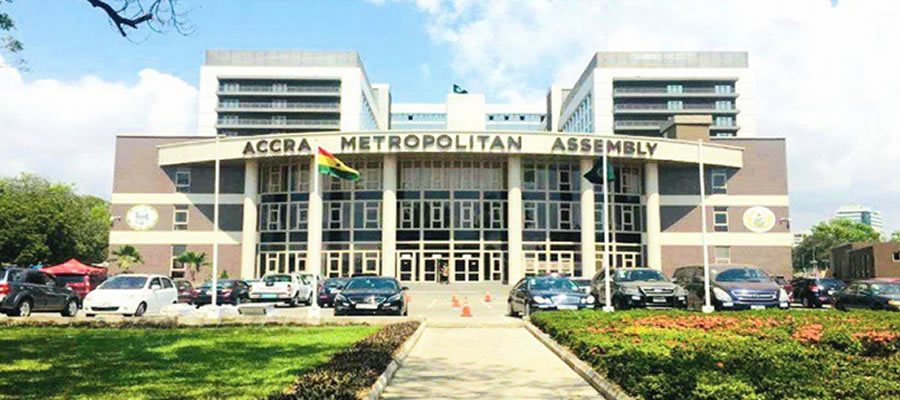


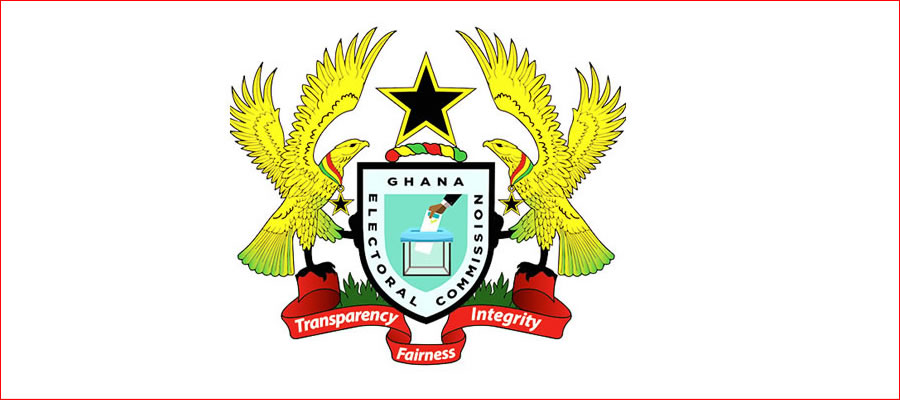


 facebook
facebook
 X
X
 Youtube
Youtube
 instagram
instagram
 +233 593 831 280
+233 593 831 280 0800 430 430
0800 430 430 GPS: GE-231-4383
GPS: GE-231-4383 info@ghanadistricts.com
info@ghanadistricts.com Box GP1044, Accra, Ghana
Box GP1044, Accra, Ghana